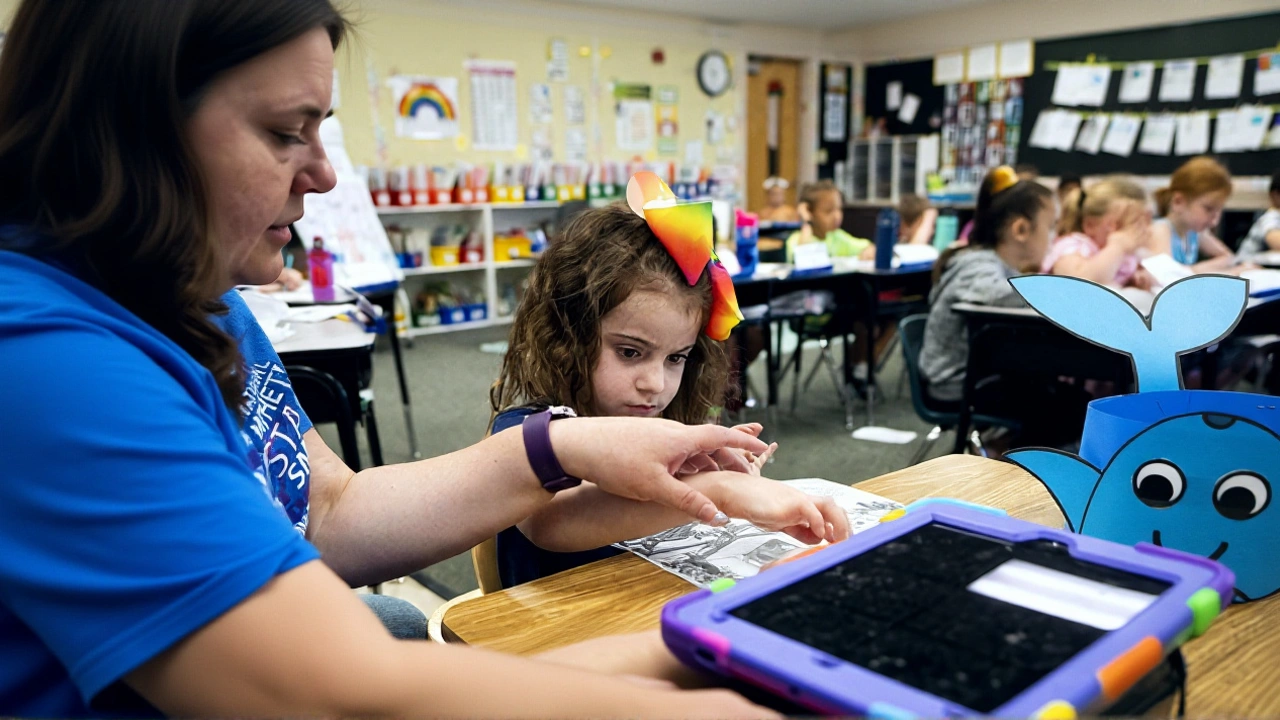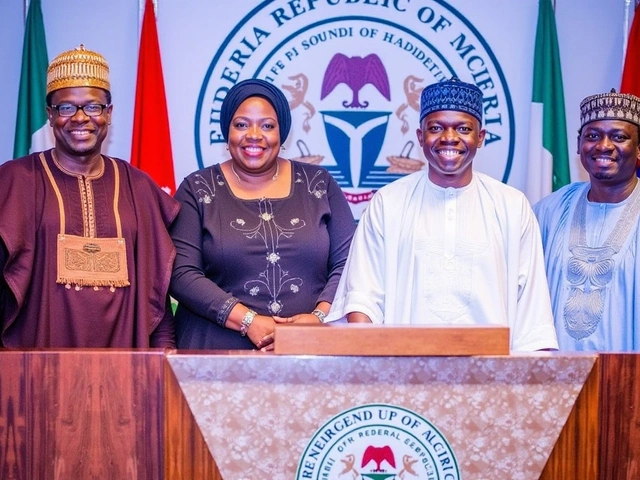Education Department – Latest News and Insights
Education Department the government body that sets policy, oversees curricula and monitors learning outcomes for schools and colleges. Also known as Ministry of Education, it shapes the future of learners across the continent. The Education Department works hand‑in‑hand with exam boards, curriculum designers and local schools to keep the system running.
One of the most visible partners is KNEC Kenya National Examinations Council, the agency that designs and delivers national examinations. KNEC’s recent launch of the 2025 Term‑Three School‑Based Assessments (SBAs) for primary and junior schools exemplifies the Education Department requires assessment frameworks to track progress under the new Competency‑Based Curriculum. The rollout sets an Oct 23 deadline for score uploads, a clear value that shows how policy meets practice on the ground.
The Competency‑Based Curriculum a learning model that focuses on skills, attitudes and knowledge rather than rote memorisation is now the backbone of Kenya’s schooling system. This curriculum influences student competency by grading learners on real‑world tasks, project work and continuous assessment. By shifting away from single‑exam pressure, the Education Department aims to produce graduates who can adapt to a fast‑changing job market.
Embedded in the curriculum shift, the School‑Based Assessments teacher‑administered tests that count toward final grades, complementing national examinations give schools a tool to monitor daily learning. SBAs enable the Education Department to gauge school‑level performance in real time, allowing quick interventions where scores drop. The recent KNEC rollout shows how SBAs are being digitised, with scores uploaded online for faster analysis.
Beyond exams, the Education Department is pushing digital classrooms to bridge the urban‑rural divide. New partnerships with telecom operators bring affordable internet to remote primary schools, while teacher‑training programmes equip educators with blended‑learning skills. These moves reflect the department’s belief that technology enhances curriculum delivery, ensuring that students in distant villages access the same resources as those in city schools.
Funding remains a critical challenge. The department has secured a $33 million government upgrade plan to replace vandalised transformers in schools, as reported by Kenya Power. Reliable electricity is essential for running computers, projectors and e‑learning platforms. By aligning infrastructure upgrades with curriculum reforms, the Education Department creates a holistic environment where students can thrive.
All these initiatives—policy drafting, curriculum redesign, assessment innovation, digital integration, and infrastructure investment—show how the Education Department connects multiple strands of the education ecosystem. Below, you’ll find a curated collection of recent stories that dive deeper into each of these areas, from KNEC’s SBA rollout to the latest developments in primary‑school funding and teacher training.
Trump signs an order to close the Education Department, sparking outrage from special‑education advocates who warn the shift to HHS could disrupt services for 7.5 million students.
Recent-posts
May, 18 2024
Aug, 16 2024






